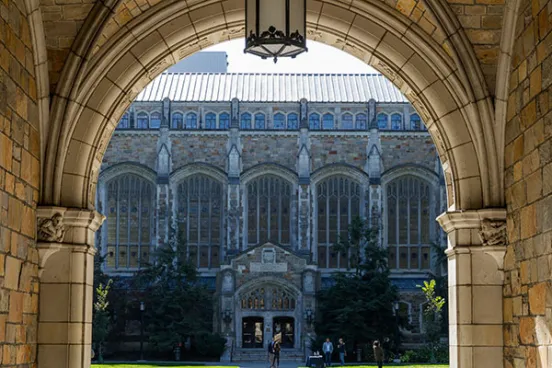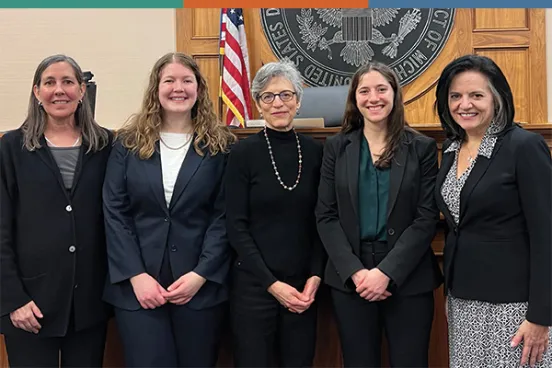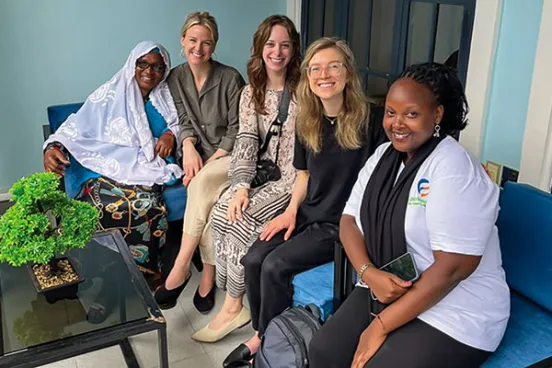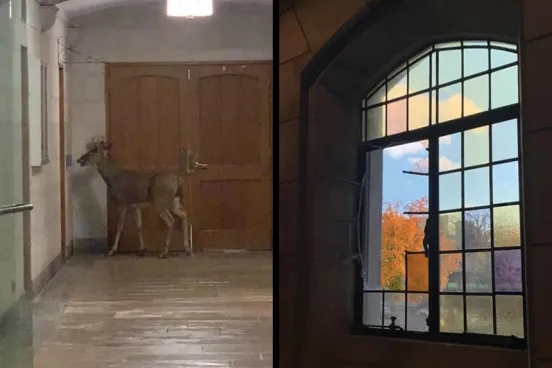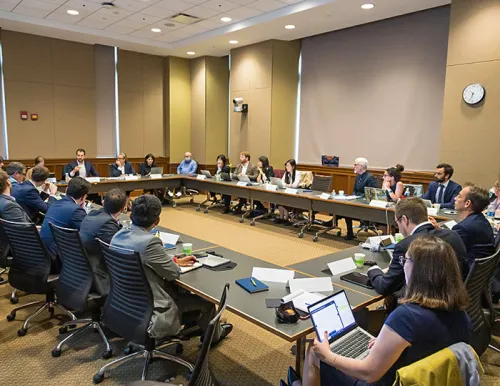
Michigan Law inaugurated the Program on Law and the Global Economy this fall by hosting an international conference on investment arbitration.
International law scholars from around the world gathered at the Law School Sept. 29–30 for an academic forum on improving the system of investor-state dispute settlement (ISDS), a mechanism by which foreign investors can sue governments in special tribunals for taking actions they see as harmful.
The forum launched the Program on Law and the Global Economy, which serves as a hub for the study of international economic law—from the regulation of cross-border trade and investment to international tax and finance to comparative and transnational commercial law.
Law and the Global Economy
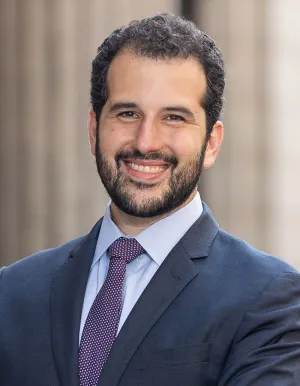
The new program—unique among top-tier law schools—builds on Michigan Law’s extensive history in international law, which dates back to the school’s founding charter. Yet the program goes well beyond what’s thought of as traditional international law, according to Professor Julian Arato, program director.
“Basic commercial law has an effect on the globalization process. Basic property rights and all sorts of comparative and constitutional law issues come into the mix. There's domestic law, there's transnational law, there's supranational law—and it became clear that if we wanted to study the process of globalization as it has occurred through law, it was too constraining to focus on just public international law,” Arato explains.
The new program therefore provides a forum for scholars to engage across different fields, as well as for dialogue involving students, practitioners, and policymakers. The program will present a conference every year, focusing on different topics, as well as other events. In March, the program will co-sponsor, with the Center for International and Comparative Law, the Transnational Law Conference on the theme “The International Law of Money.”
Arato, who also serves as co-director for the Center for International and Comparative Law, says Michigan is a natural home for the Program on Law and the Global Economy, both because of its international expertise and the interdisciplinary nature of its faculty.
Professor Julian Arato“Here at Michigan we talk to each other and engage with one another's work across disciplines, and we find connections and bridges and linkages and write together. And that's actually pretty uncommon”
“So while we have all these pockets of expertise that relate to the broader issues of the global economy and globalization, we're also the kind of place where scholars want to talk to each other and engage in common projects. What makes this faculty special is not just its expertise—it’s a culture. Michigan is the kind of place where we can have generative discussions on the future of law and world society.”
Addressing ISDS reform
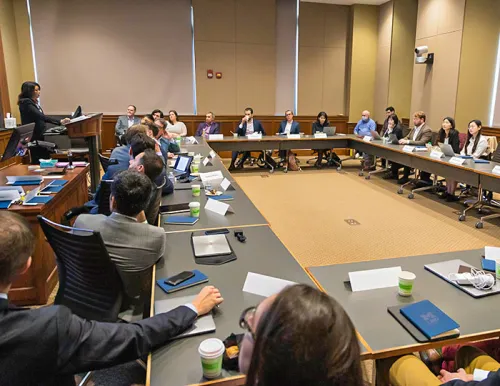
The ISDS conference in September provided a forum for such discussions, as international investment law scholars from six continents presented and discussed a variety of academic papers related to ISDS and its ongoing reform process. The ISDS system is widely seen as flawed for reasons like high costs, inconsistent rulings, and perceived bias in favor of investors.
The forum was a plenary meeting of the Academic Forum on ISDS, conducted in cooperation with the Program on Law and the Global Economy.
“The level of buy-in by every single person was so high,” says Arato, who organized the gathering. “The spirit of the discussion was something special—rigorous, but also deeply cooperative, creative, and generative.”




